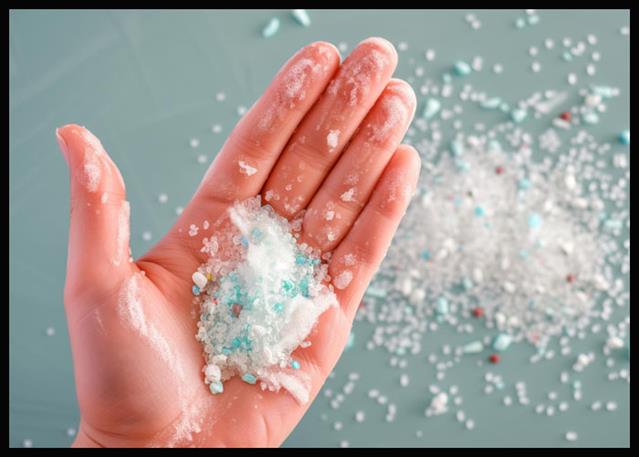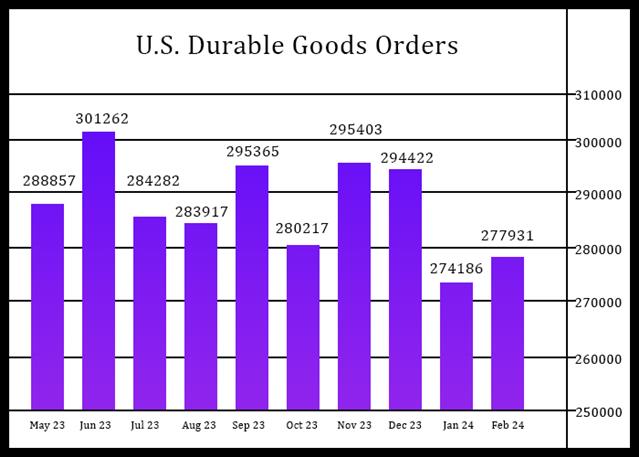
Microscopic bits of plastics have been lodged in every human placenta tested for the latest study, raising concerns about potential impacts on fetal and maternal health.
The recent study carried out by the University of New Mexico team analyzed 62 placental tissue samples via a gas emission process to detect concentrations of microplastics ranging from 6.5 to 790 micrograms per gram of tissue. Despite a microgram being a one-millionth of a gram, the team concluded that the findings are a cause for alarm.
“Dose makes the poison,” Study lead author Matthew Campen explained. “If the dose keeps going up, we start to worry. If we’re seeing effects on placentas, then all mammalian life on this planet could be impacted. That’s not good.”
The research published in the Toxicological Sciences found that polyethylene was the most commonly detected plastic, followed by PVC and nylon.
The team stressed that the impact of microplastics on health is yet unknown. Still, such presence could contribute to the development of certain diseases such as inflammatory bowel disease or IBD, colon cancer and low sperm count. A study conducted in 2021 found that feces of IBD patients had 50 percent more microplastics.
Microplastics were first detected in the placenta in 2020 in four women in Italy who had normal deliveries. The scientists at that time warned that “Microplastics carry with them substances which, acting as endocrine disruptors, could cause long-term effects on human health.”
Speaking on further research, Campen said that the issue of microplastics is “only getting worse, and the trajectory is it will double every 10 to 15 years. So, even if we were to stop it today, in 2050 there will be three times as much plastic in the background as there is now. And we’re not going to stop it today.”
Earlier, a study found that nanoplastics are clogging blood vessels in human arteries, another found the presence of the same in human blood and breast milk, underscoring the dangers of plastics.
Copyright © 2024, RTTNews.com, Inc. All Rights Reserved.















